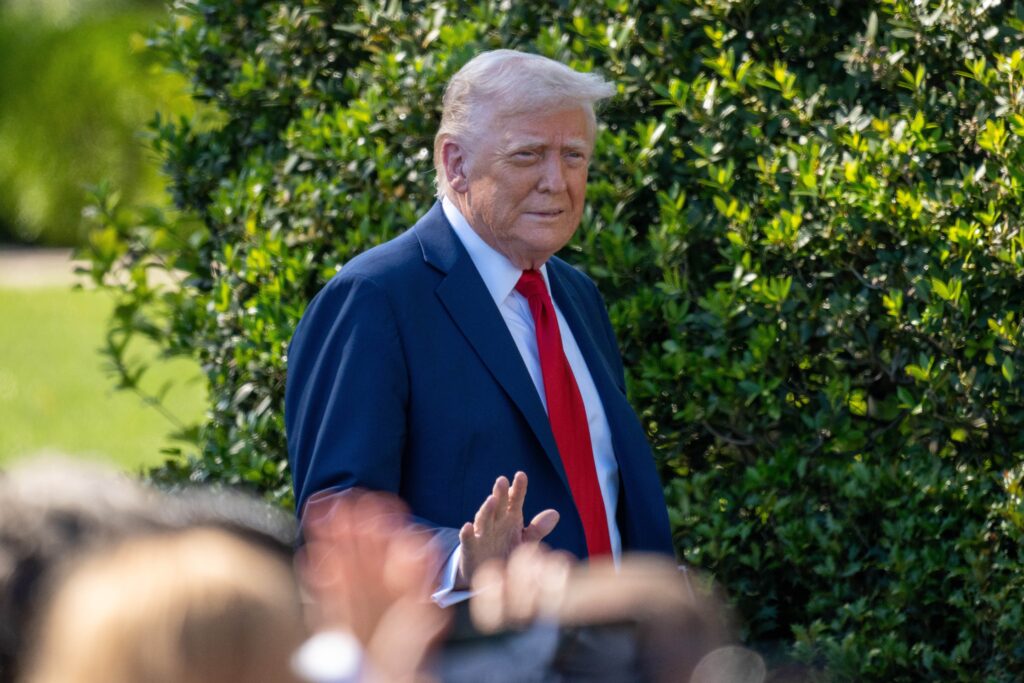Donald Trump has renewed his warning to place a 100% tariff on all films produced outside the United States. He said other countries had “stolen” America’s movie industry.
California singled out
On Monday, Trump claimed California had been hit the hardest. He argued the levy would “solve this long time, never ending problem”. In May, he announced plans to speak with Hollywood executives. At the time, he said America’s film industry faced “a very fast death”.
Wider tariffs already in place
Trump’s comments followed a new round of tariffs on other sectors. These included a 100% levy on branded or patented drug imports and 50% tariffs on kitchen and bathroom cabinets. On Truth Social, he wrote that America’s movie industry had been taken “like stealing candy from a baby”. He also attacked California’s governor, calling him “weak and incompetent”.
Timing remains uncertain
Trump promised a 100% tariff on “any and all movies made outside of the United States”. He gave no date for its introduction. The White House has not responded. It is unclear if streaming platforms like Netflix would be included. No method for calculating the levy has been outlined.
Canada voices alarm
The Canadian Chamber of Commerce warned the move could damage both economies. It stressed that American studios depend on Canadian talent, crews, and facilities. Catherine Fortin-LeFaivre, senior vice president for international policy, said the tariffs would punish US studios. She argued they would raise costs, reduce investment, and endanger thousands of middle-class jobs.
Experts question plan
Dan Coatsworth, analyst at AJ Bell, cast doubt on the tariff’s feasibility. He said tariffs usually target goods, not creative works. He noted that filmmakers often head abroad due to attractive tax incentives. He said the threat “raises more questions than it does answers”. Coatsworth explained that defining an American-made film is complicated with foreign funding and talent involved. He warned that higher production costs could hurt cinemas and streaming demand. Yet he noted investors stayed calm. Netflix and Disney shares dipped briefly before recovering.
Global production grows
Recent US blockbusters like Deadpool & Wolverine, Wicked, and Gladiator II were filmed abroad. Research firm ProdPro reported that America remains a key hub. Last year, US spending reached $14.54 billion, a 26% decline from 2022. Since then, countries including Australia, New Zealand, Canada, and the UK have attracted more film investment.
British government watching
Officials in London said they await details on how the US tariff will affect Britain’s film industry. A Department for Business & Trade spokesperson stressed the UK sector supports millions of jobs and adds billions to the economy.
Trump expands tariff drive
Trump also announced new tariffs on wood and furniture on Monday. He set a 10% levy on softwood timber and lumber and 25% tariffs on kitchen cabinets, vanities, and upholstered wooden furniture. Earlier that day, he previewed the plan on Truth Social. He promised “substantial tariffs on any country that does not make its furniture in the United States”. A presidential proclamation confirmed the tariffs will begin on 14 October. Some will increase next year if no agreements are reached. These moves follow Trump’s recent promise of 100% tariffs on branded or patented drug imports unless companies build factories in America.


